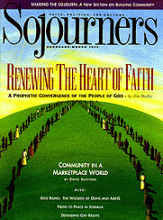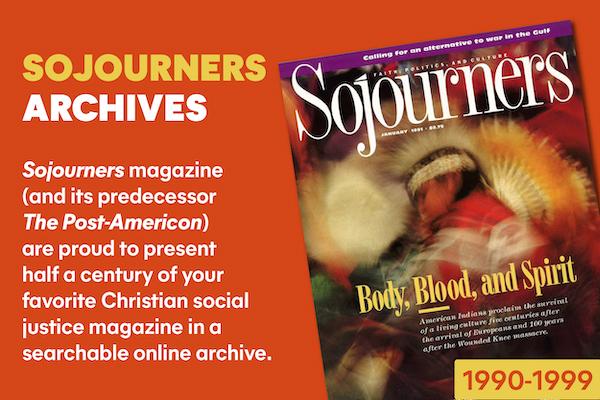Things aren't always what they seem. We reach for the mild salsa and get the extra hot. We do what we think is right by Jesus and the church tells us we're all wrong. Other times we do what we think is right by Jesus and Jesus tells us we're all wrong. Like the Hebrews following Moses to the Promised Land and ending up in the desert first, sometimes we have to wonder whether we couldn't have picked a better travel agent.
But as we enter the season of Lent, the desert time, we see again that the love of God--harsh, wild, and full of surprises--makes a way where there is no way and livens up even the driest of bones.
February 7: Powerful Seasoning
Isaiah 58:3-9a, 1 Corinthians 2:1-11, Matthew 5:13-16, Psalm 112:4-9
"You are the salt of the earth." Why thank you, Jesus. We do appreciate that affirmation. As disciples we like to think we add a little seasoning to spice up the ho-hum fare of the daily round. The preserving quality of salt fits our church brand of discipleship too. Preserving the traditions of liturgy, doctrine, and gender of the preacher have certainly kept the church a salt mine.
The trouble is that Jesus was not offering disciples like us an affirmation. Jesus was signaling us with a flash warning. He was offering a metaphor to help interpret the experience of persecution mentioned in verses 11-12. Jesus wanted to make it clear that if we were going to really take seriously this whole new order of God's reign, then we should count the cost.
To speak and live God's truth disturbs the power arrangements of the old order. Persecution is a result of faithfulness to the vision. Jesus warned that it is easy to lose our power to salt. When that power is lost, the salt may look the same, but it is only good for dumping out and filling up the cracks in the road.
Read the Full Article

